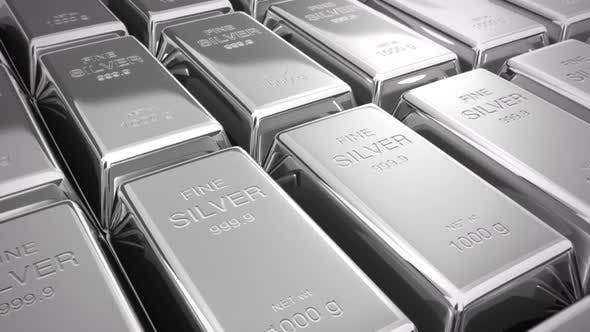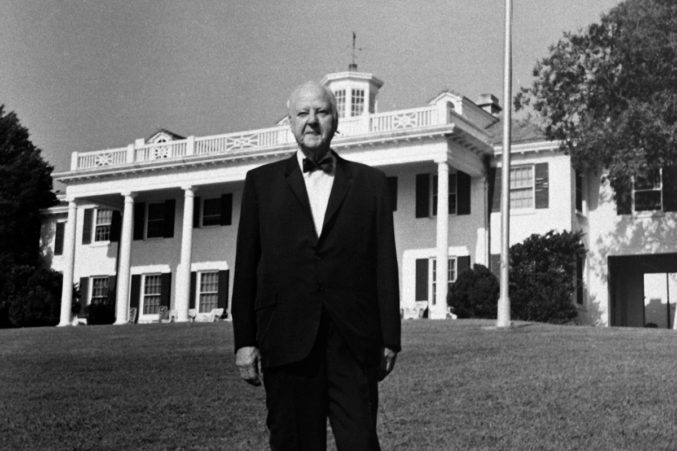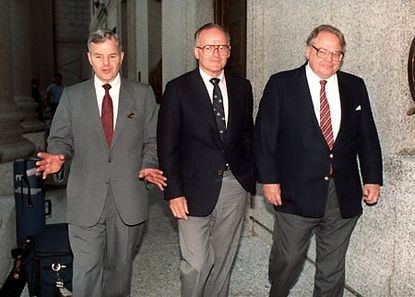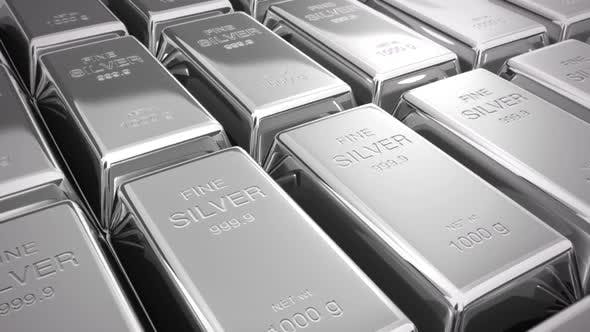Question: “Tell me about yourself.”
This isn’t an invitation to recite your resume.
It's a test of whether you can provide a concise, thoughtful overview of your past, present, and future.
Keep it short.
Focus on key decisions and insights that may not pop off the page.
Question: “Why this company?”
Standard test for for shotgun blast applicants.
A generic answer can derail your process.
Do your research. Write down 2-3 unique points about the company that appeal to you.
You won’t get the job with your answer, but you can definitely lose it.
Question: "What would you do in the first 100 days on the job?"
This is a test of your preparation, research, initiative, and humility.
Have a concrete plan for how you would approach your early days.
Be sure fact-finding and learning is a key part of it (the humility aspect).
Question: “What are your strengths?”
Resist the urge to reel off a long list of broad strengths.
Tailor your response to the role and company.
Provide 1-2 key strengths that make you well-suited for this specific job.
Leverage storytelling—bring them to life with anecdotes!
Question: “What are your weaknesses?”
The majority of candidates try to pitch a weakness that is (not so) subtly a strength.
“I get TOO caught up in the details" just means "I’m detail oriented!"
Don’t do this.
Give a real weakness, but also how you're working to address it.
Question: "Tell me about a time you failed."
This is an assessment of:
• Whether you've faced failure
• Your resilience
• How you grew through the experience
You should have 1-2 specific stories to share.
Be as clear as possible—focus on the learnings from the failure.
Question: “What questions do you have for me?”
This is a test of preparation and personality.
Generic questions won’t kill you, but they won’t help either.
Ask something unique and get them talking.
Try this: “What are you most excited about that you’re currently working on?”
Question: “Where do you see yourself in 10 years?”
This is an assessment of:
• Your ambition
• Whether it aligns with your growth opportunity at the company
In answering, keep those two in mind.
It’s ok if you don’t have a perfect answer—I still don’t know mine!
Question: “Why are you leaving your job?”
This can be a test for negativity.
Never say anything negative about your former employer—after all, this company may be your former employer someday!
Stay positive—highlight why the new role is a better fit for your goals.
Question: "How do you handle stress?"
Saying you never get stressed is not a viable path with this question.
Stress is a reality—everyone gets stressed.
Talk about 1-2 specific tactics for stress management.
Highlight a time when stress led you to rise to the occasion.



